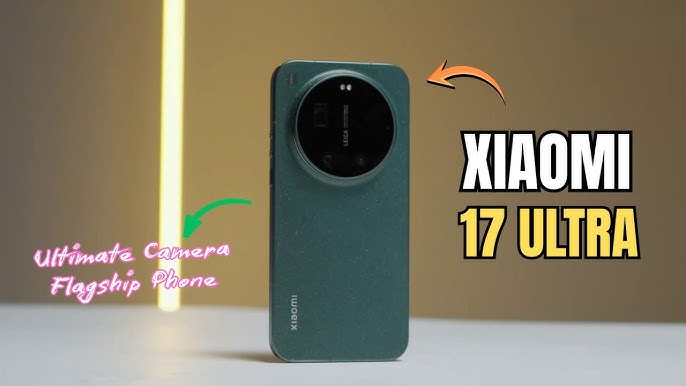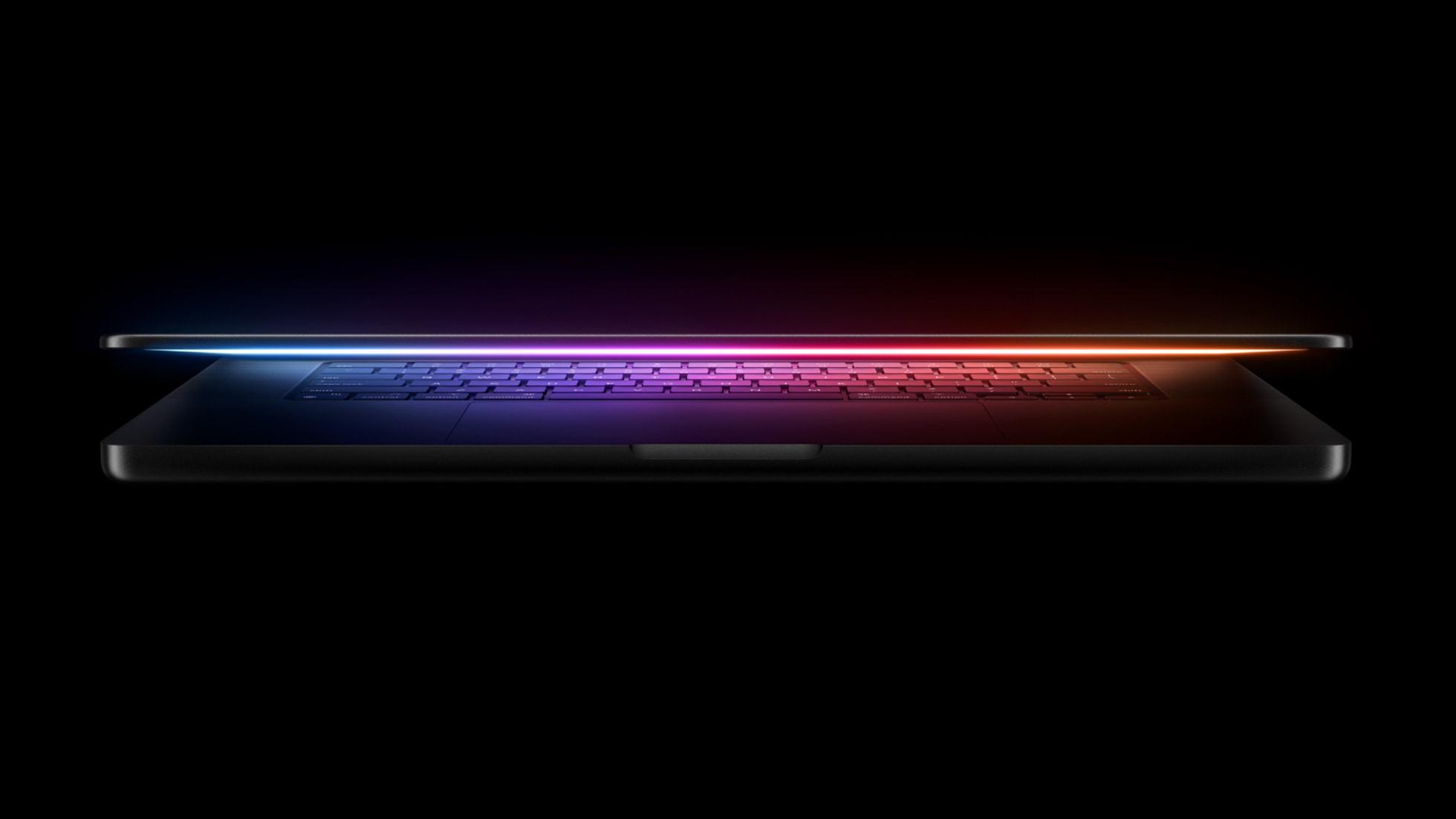The 2025 Smartwatch Dilemma
Man, remember when smartwatches were just overpriced pedometers? Fast forward to 2025, and now these things are mini-computers strapped to your wrist. AI health stuff, 5G, a million apps—honestly, it’s kinda wild. Some folks swear by them, others just see another tech fad they’ll forget in a drawer by Christmas.
So here’s the deal: are smartwatches worth your money now, or are they just another piece of tech clutter? Who needs one, and who’s better off sticking to their phone (or, you know, just… existing without constant notifications)? Let’s unpack the hype, the reality, and whether these wrist gadgets are pulling their weight in 2025.
What’s New with Smartwatches in 2025?
2025 is wild for smartwatches. Everybody’s cranking things up—Apple, Samsung, Google, Huawei, you name it. They’re throwing all sorts of shocking new tech at these things, both inside and out. So, what’s cool this year? Check out these features:
- AI-powered Health Insights: Smartwatches now analyze patterns in your heart rate, sleep, stress, and even hydration levels using advanced machine learning.
- Non-invasive Blood Glucose Monitoring: Select models offer real-time blood sugar readings without pricking your skin.
- Emergency Detection: Fall detection and crash alerts have evolved into more accurate, life-saving tools.
- Native AI Assistants: Devices like the Galaxy Watch 7 and Pixel Watch 3 now come with AI-powered assistants like Galaxy AI and Gemini.
- eSIM & 5G Support: Many 2025 smartwatches work independently of smartphones.
Comparison Table: Popular Smartwatches in 2025
| Model | Key Feature Highlight | Price Range |
|---|---|---|
| Apple Watch Series 10 | Non-invasive glucose monitoring | $499–$699 |
| Samsung Galaxy Watch 7 | Galaxy AI integration | $399–$599 |
| Pixel Watch 3 | Deep Google ecosystem synergy | $349–$499 |
| Huawei Watch 5 Pro | 14-day battery, health focus | $299–$450 |
Who Needs a Smartwatch in 2025?
Honestly, not everybody’s dying for a smartwatch. But for some folks? Total game-changer. Let’s break it down—who gets the most out of these wrist computers? Here’s the crowd that cashes in:
- Fitness Enthusiasts
- Real-time heart rate, VO2 Max, ECG, and hydration tracking
- Personalized workout coaching and adaptive fitness goals
- Busy Professionals
- Calendar reminders, email previews, and smart replies
- Voice dictation for hands-free productivity
- Health-Conscious Individuals
- Continuous stress tracking, sleep stage analysis, fall detection
- Emergency SOS and health alerts
- Tech Minimalists
- Use a smartwatch for calls, maps, and texts without carrying a phone
Use Case List:
- Training for a marathon
- Monitoring health vitals post-surgery
- Staying focused in meetings with subtle alerts
- Tracking sleep cycles for energy optimization
Smartwatch Pros and Cons in 2025
✅ Pros
- All-day health tracking and early warning alerts
- Less phone screen time, more productivity
- Fitness, motivation, and habit tracking
- Seamless integration with smart home devices
❌ Cons
- High-end models can be pricey ($500+)
- Battery life is often limited to 1–3 days
- Health data privacy concerns
- Some features require paid subscriptions
Expert Insight: According to IDC, 63% of smartwatch users report improved fitness levels, but 28% stop wearing them after six months due to “notification fatigue” and underused features.
Is a Smartwatch Worth the Price in 2025?
Pricing for smartwatches varies wildly depending on brand, features, and build quality:
- Budget Tier: $100–$250 (basic tracking, limited apps)
- Mid-Range: $250–$450 (AI features, eSIM, wellness tracking)
- Premium: $500+ (medical-grade sensors, luxury materials)
Subscription Add-ons:
- Apple Fitness+: $9.99/month
- Fitbit Premium: $9.99/month
- Garmin Coach: Free basic, paid for advanced
Value Comparison Table:
| Device Type | Health Tracking | Standalone Use |
|---|---|---|
| Smartwatch | ✅ | ✅ |
| Fitness Band | ✅ (basic) | ❌ |
| Smart Ring | ✅ | ❌ |
Smartwatch Alternatives in 2025
If you don’t want to commit to a smartwatch, other wearable tech options may suit your needs:
- Smart Rings (e.g., Oura, Samsung Ring)
- Compact and discreet
- Tracks sleep, steps, and HRV
- Fitness Bands (e.g., Xiaomi Band 9, Fitbit Charge 6)
- Affordable
- Long battery life
- Health Clip-ons (e.g., WHOOP)
- Worn on clothing
- Offers detailed performance metrics
- Old-School Analog Watches
- Zero distractions
- Battery life measured in years
Ask Yourself: Do You Need One?
Here’s a simple 5-question self-check to help you decide:
Do you currently track your workouts or health manually?
Would you benefit from less phone screen time?
Do you need quick access to calls, messages, or maps?
Are you managing a health condition (e.g., heart, diabetes)?
Do you use smart home devices?
If you answered “yes” to 3 or more, a smartwatch could greatly enhance your daily life.
Real User Opinions: What People Are Saying in 2025
Loved by Users:
- “Helped me spot a heart condition early. Life-saving!”
- “I don’t check my phone 100 times a day anymore.”
Common Complaints:
- “Battery life is still terrible.”
- “Too many features I never use.”
- “Not worth $500 just to check my texts.”
Expert Opinion: What the Future Holds for Smartwatches
According to Gartner analysts:
- AI-first design will define future wearables.
- Medical-grade diagnostics like blood pressure and glucose will be FDA-approved.
- Smart glasses and skin-wearables could compete with wrist-based wearables by 2027.
Industry consensus? Smartwatches are here to stay, but their role will keep shifting toward health and lifestyle monitoring.
FAQ:
Are smartwatches still relevant in 2025?
Absolutely. With AI-driven health tools and stand-alone cellular capabilities, they’re more useful than ever.Can a smartwatch replace my phone?
For many day-to-day tasks like calls, texts, and GPS, yes—especially if your watch supports eSIM or 5G.Are smartwatches safe for your health?
Yes, though there are ongoing discussions about long-term EMF exposure. Most concerns focus more on data privacy.Which is better: a smartwatch or a fitness tracker?
Smartwatches offer more features but are more expensive. Fitness trackers are affordable and simpler.Do smartwatches really help improve fitness?
Studies show users who track their activity consistently are more likely to meet fitness goals.Are smartwatches worth it without a subscription?
Yes. You can still access core features like step tracking, heart rate, and notifications without a paid plan.
Is a Smartwatch Right for You in 2025?
Let’s be real—by 2025, smartwatches aren’t just some flashy accessory for tech nerds or people with too much money to burn. For the right crowd? These things are straight-up game-changers. If you’re obsessed with closing your rings, tracking your sleep, or juggling meetings like a caffeinated octopus, a good smartwatch can save your sanity. But hey, if you’re only after counting your steps or getting the occasional “ding” when your ex texts you, you could save a bunch of cash and battery life with a simpler gadget. No need to break the bank just to know you hit 5,000 steps.
Don’t forget to share this article with someone debating whether to buy their first smartwatch in 2025!
I'm Salim, the creator and tech enthusiast behind this website. My passion for technology has been a lifelong journey, fueled by a deep curiosity about how things work and a desire to explore the latest gadgets and innovations that shape our world.





